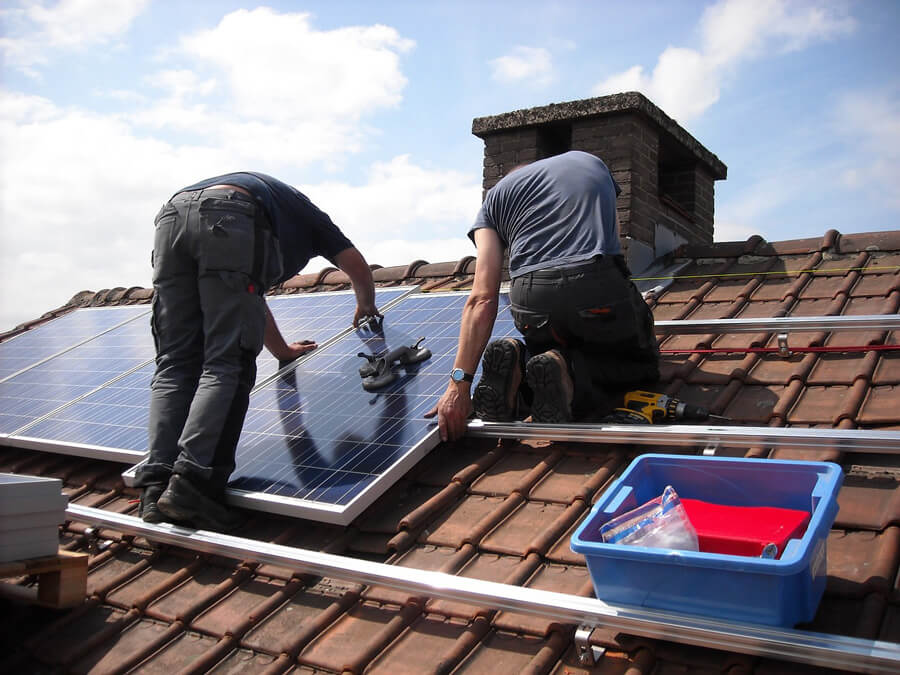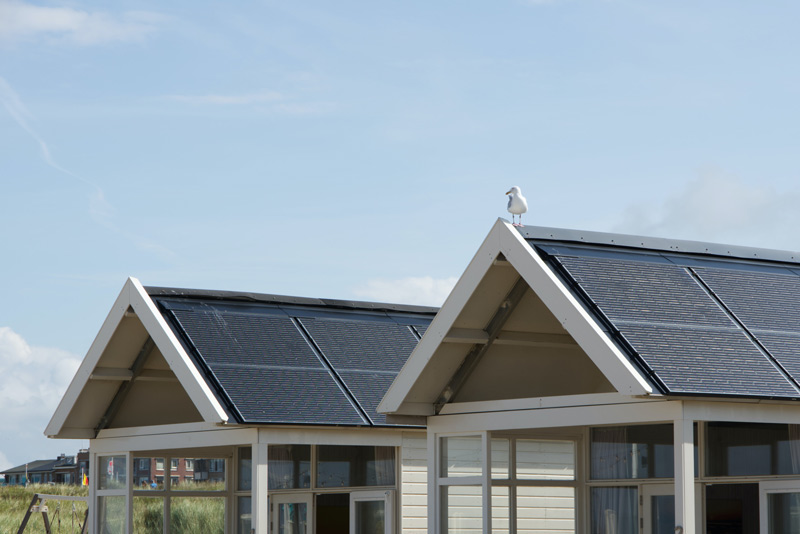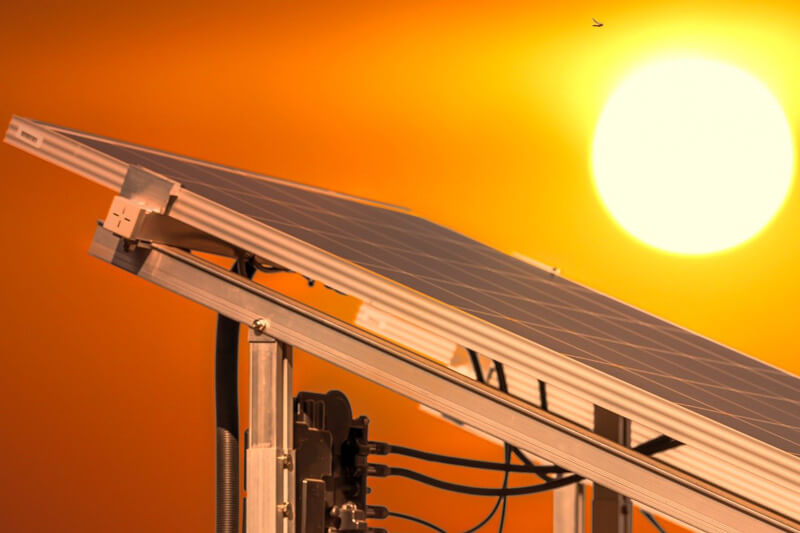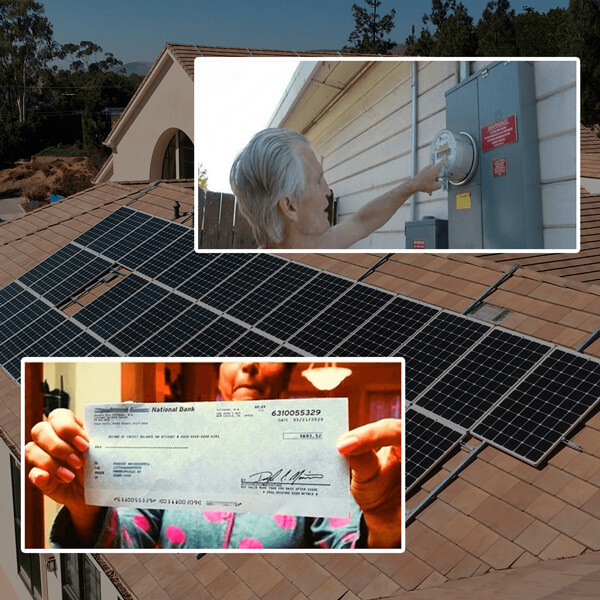The quest for renewable energy has never been more vital. Solar energy emerges as the frontrunner as homeowners search for sustainable, cost-effective ways to power their homes.
But what does this mean for homeowners?

How can they tap into this inexhaustible resource? Let’s delve into the world of solar power and the increasingly popular choice of solar panels for homeowners.
What is Solar Power?
Solar power is harnessed from the sun’s radiant energy, converting it into usable electricity. This is typically achieved using photovoltaic cells found in solar panels.
When installed on a property, these panels can significantly reduce reliance on traditional electricity sources, making them an appealing option for homeowners.
Solar Panels for Homeowners: Benefits Galore

- Cost Savings: Although there is an initial investment in solar panel installation, homeowners can reap the benefits through significant monthly savings on electricity bills.
- Environmentally Friendly: Solar energy doesn’t emit harmful pollutants or greenhouse gases. Adopting this energy reduces a household’s carbon footprint, contributing to a cleaner, greener planet.
- Increased Home Value: Homes equipped with solar panel systems often see increased property value. Prospective buyers are attracted to the energy savings they’ll inherit.
- Energy Independence: With solar panels, homeowners can become less reliant on utility companies and the fluctuating energy costs.
Solar Power Grants for Homeowners
For those worried about the initial costs of installing solar panels, there’s great news! Various governments and organizations offer solar power grants for homeowners.
These grants can significantly reduce the upfront costs of installation, making solar power even more attainable.
- Federal Incentives: Many countries provide tax credits or rebates for homeowners installing solar panels. This can offset a significant portion of the installation cost.
- State and Local Grants: Depending on where you live, there may be additional grants, rebates, or tax incentives available at the state or local level. Checking with local agencies or utility providers is always a good idea.
- Non-profit and Private Grants: Non-profit organizations and private entities may also provide funding or incentives for solar panel installations. Some programs target low-income households, while others may focus on specific regions or community projects.
Making the Transition to Solar
If you’re contemplating making the switch to solar energy, consider the following steps:
- Research: Understand the solar potential of your location. Some areas receive more sunlight than others, which can impact the efficiency of solar panels.
- Consultation: Engage with a reputable solar provider. They can assess your property, determine the optimal setup, and estimate costs and savings.
- Explore Grants: As mentioned, various solar power grants for homeowners are available. Before diving in, research which ones you might qualify for to help offset costs.
- Installation: Once you’ve done your due diligence and are ready to proceed, your chosen provider will handle the installation, ensuring your home is powered by the sun in no time!

Solar Panels’ Cost-Effectiveness: A Long-Term View
While the initial outlay for solar panels might seem steep, the long-term cost-effectiveness of these systems is undeniable.

It’s essential to consider not just the upfront costs but the overall savings over the lifespan of the solar panels. Solar installations can last for 25 to 30 years, if not longer.
Over this period, homeowners can see substantial reductions in their electricity bills, with some even achieving complete energy independence, especially if they live in sun-rich regions.
Additionally, as traditional energy prices rise due to increasing demand and dwindling resources, solar power remains consistent, giving homeowners peace of mind concerning future energy costs.
The break-even point, where homeowners recoup their initial investment through energy savings, typically occurs well within the solar panels’ lifespan, leaving many additional years of pure savings.
Furthermore, with solar power grants for homeowners and various financing options available, the initial costs can be significantly reduced, making solar panels a financially savvy choice for the long haul.
Conclusion
Solar power for homeowners isn’t just a trend; it’s a sustainable step forward in global energy consumption.
With myriad benefits, from cost savings to environmental impact, and with the help of solar power grants, homeowners worldwide can harness the sun’s power, paving the way for a brighter, greener future. If you’ve been on the fence, now might be the perfect time to transition.





